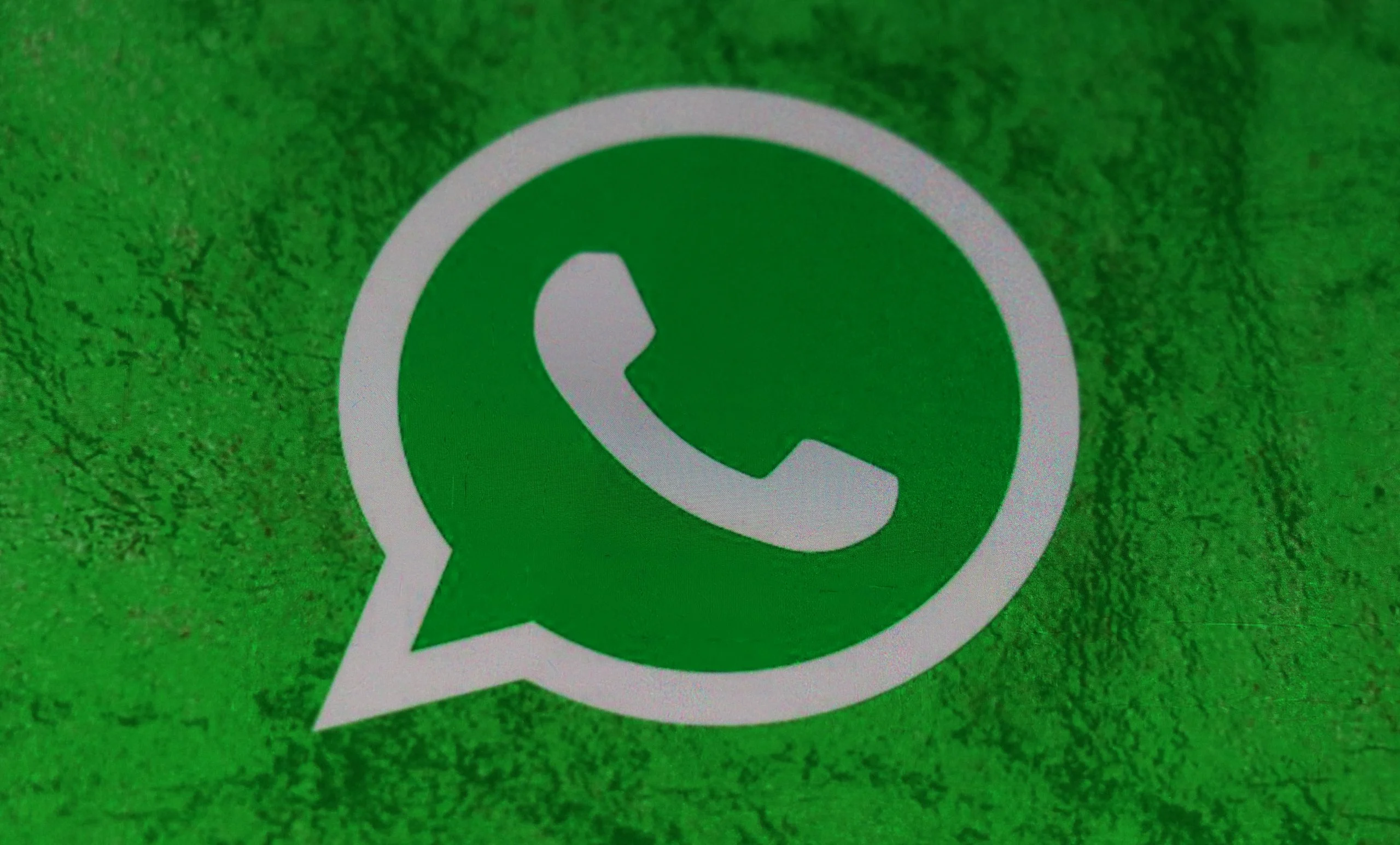
WhatsApp says will exit India if forced to break messaging encryption
Is WhatsApp looking at a possible exit from India? The ubiquitous messaging platform, boasting over 400 million users in India, certainly seems to think so, and it is now embroiled in a legal clash with the Indian government. The Meta-owned platform told the Delhi High Court on Thursday that it would effectively cease operations in India if it was compelled to breach the encryption on its messaging service.
WhatsApp, owned by Meta (formerly Facebook), contends that complying with the Information Technology (Intermediary Guidelines and Digital Media Ethics Code) Rules 2021 would necessitate compromising its end-to-end encryption. This encryption technology, for those who are unaware, scrambles messages, rendering them unreadable by anyone except the sender and recipient. According to WhatsApp, weakening this encryption would be a breach of user trust and will undermine their privacy on the platform. The company has taken a stern stance on the matter, asserting that if forced to break encryption, it would have no choice but to exit the Indian market altogether.
“We, as a platform, are stating that WhatsApp must go if we are instructed to crack encryption,” Tejas Karia, speaking on behalf of the company, informed a Division Bench on Thursday. At the heart of the dispute lies the controversial Information Technology (IT) Rules 2021, which mandates messaging apps like WhatsApp to possess the capability to trace the origin of messages. This requirement has ignited a firestorm of debate, pitting user privacy concerns against national security considerations. “As a platform, we are saying, if we are told to break encryption, then WhatsApp goes,” Karla added.
For its part, the Indian government views the ability to trace message originators as a critical tool for law enforcement agencies in their fight against the proliferation of misinformation and hate speech online. The division bench argued that privacy rights were not absolute and “somewhere balance has to be done.” Nonetheless, breaking encryption would be a major blow to user trust in WhatsApp. Users rely on WhatsApp for secure communication, and a compromise on encryption would make them feel vulnerable. Weakened encryption would make it easier for governments and law enforcement agencies to access user messages, leading to a drop in user privacy. And if this is not enough, weaker encryption would also make users more susceptible to hacking and cyberattacks.
This clash between privacy and security is not an isolated phenomenon unique to India. Governments worldwide are grappling with the same dilemma in the face of the ever-expanding digital landscape. Encryption, while crucial for protecting user privacy and fostering freedom of expression, can also create a haven for criminal activity and the dissemination of harmful content. Thus, in this case, the Delhi High Court has become the battleground for this legal fight between WhatsApp and the Indian government. During past hearings, lawyers for the Meta-owned WhatsApp argue that no other country mandates messaging platforms to possess the ability to trace individual messages, as such a capability would necessitate compromising encryption. Furthermore, rules that undermine the encryption of content and the privacy of the users are in violation of the fundamental rights guaranteed under Articles 14, 19, and 21 of the Constitution of India, WhatsApp argued.


